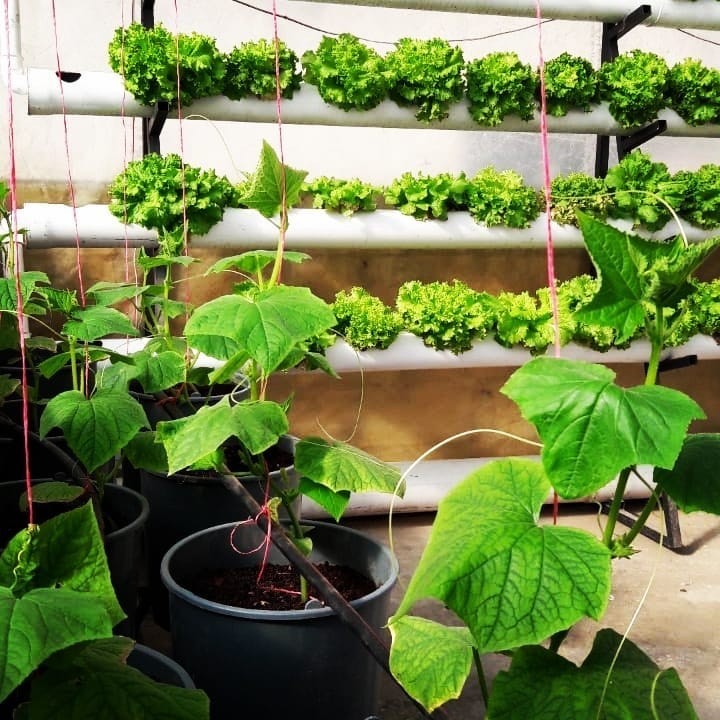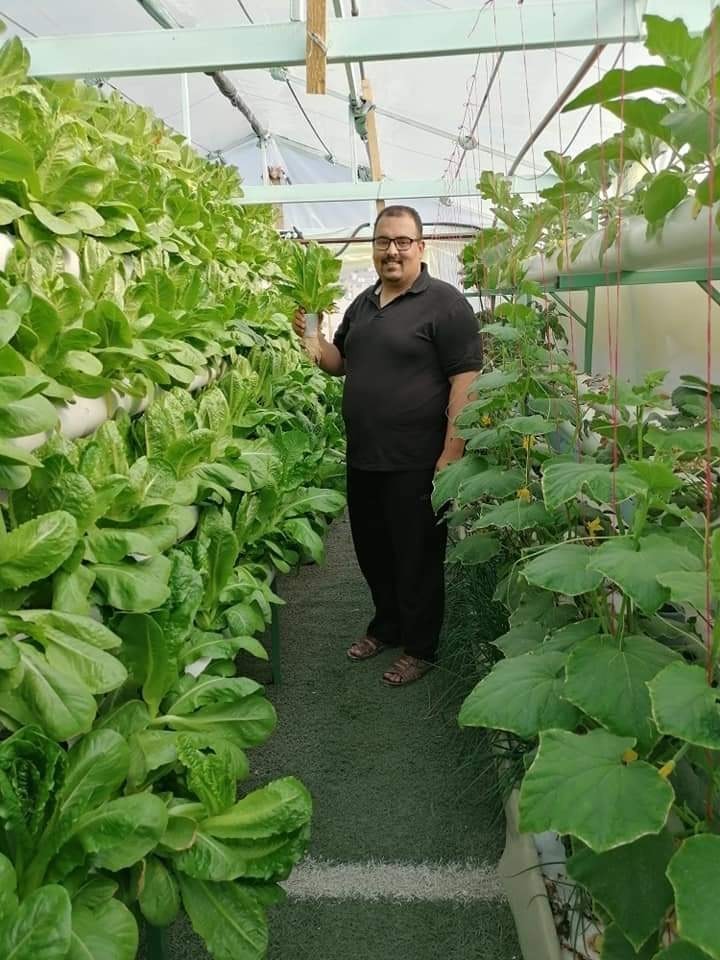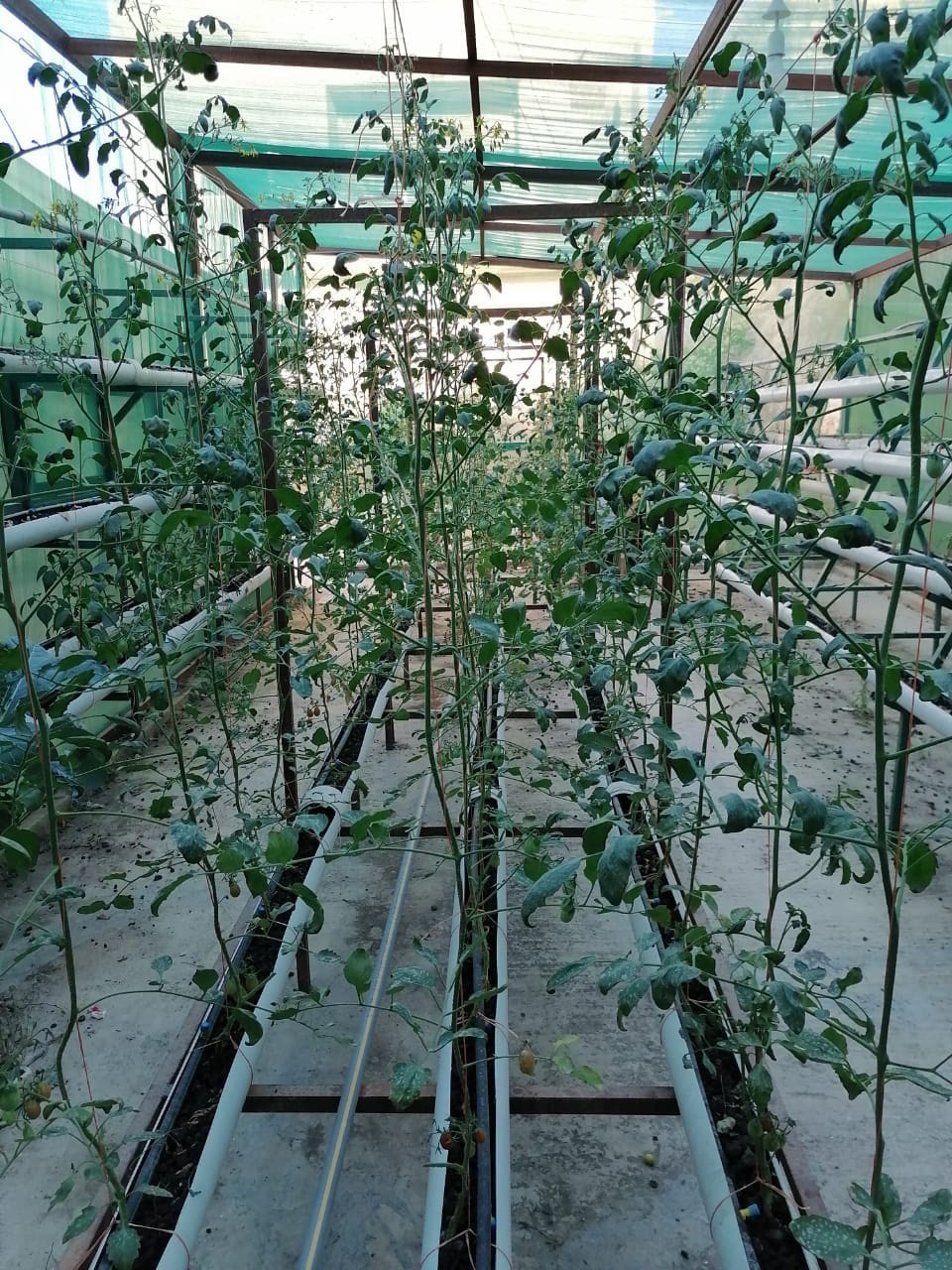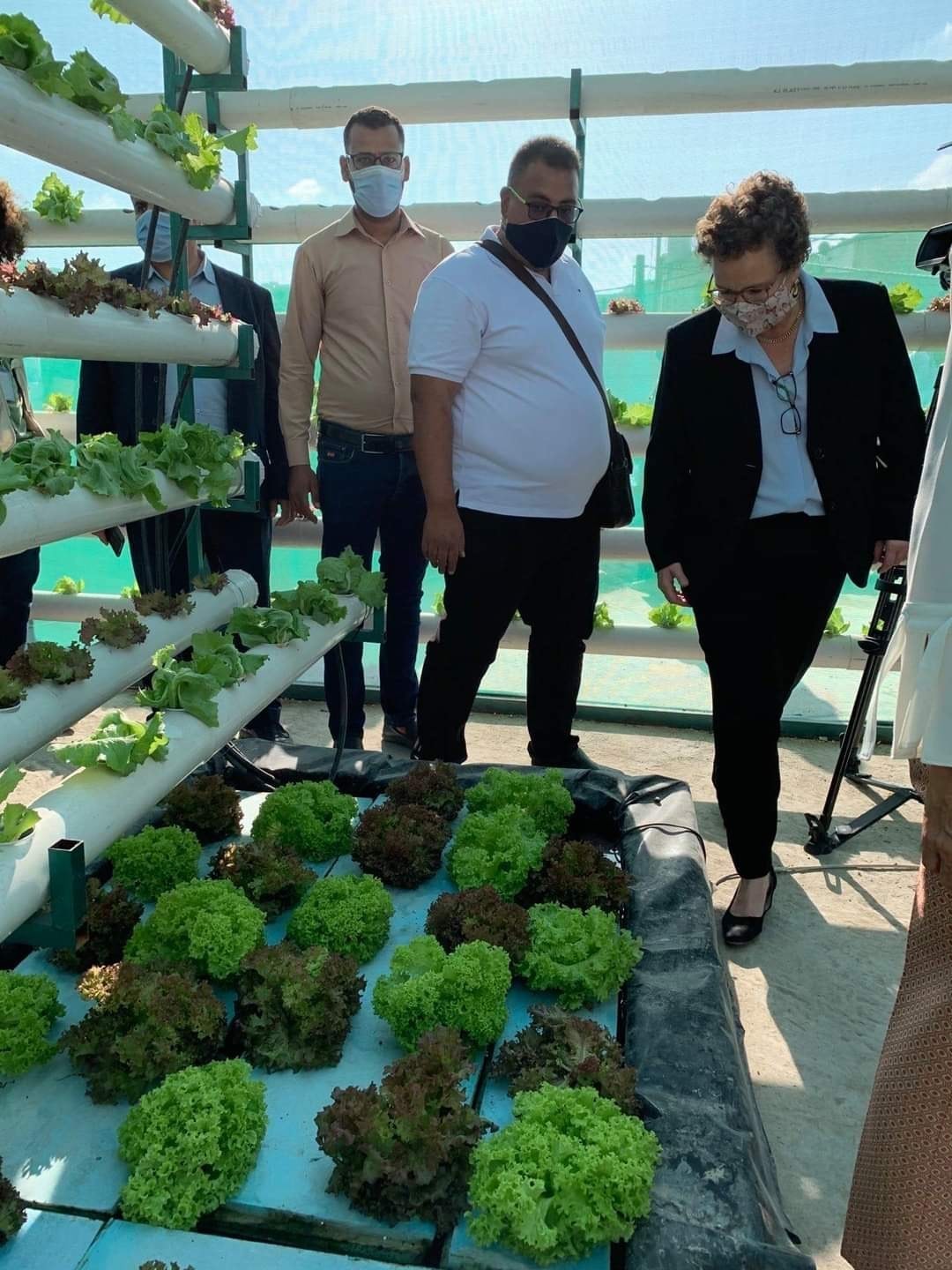AMMAN —
Rooftop farming projects are often considered
part of the green economy, as they make better use of available resources, help
preserve the environment, and may provide decent work opportunities, especially
for women.
اضافة اعلان
A report issued last November by the
Phenix Center for Economic and Informatics Studies showed that Jordan has great potential to
boost its economy and provide decent jobs through the expansion of projects
that rely on green resources.

The report is in cooperation with the German
Friedrich Ebert Foundation, entitled “Jordan has wide opportunities to generate
new job opportunities through the green economy”.
According to
Razan Al-Momani from
Jordan Labor Watch, planting rooftops provides job
opportunities in the field of green economy, and women, especially those who
have children, see such projects an appropriate work environment and a source
of income.
The Phenix report, released to coincide with the
holding of the Global
Climate Summit in Glasgow, Scotland, indicates that many
sectors, including agriculture, have great opportunities to create decent,
sustainable, and direct jobs if they resort to alternative and renewable energy
sources and recycling technologies.
Environment expert
Hala Murad said that while the
implementation of these projects contributes to solving many problems, including
unemployment, “we suffer from a lack of experience and capacity building”, and
“there is no general tendency to exploit the surrounding space in homes, for
example”.

Even if rooftop cultivation does not become a source
of income, it may contribute to a family’s self-sufficiency, and is considered
safe food, she said.
“So far, we have not reached the stage where there
is a great demand for it, nor has it become a phenomenon, as the system implies
financial costs that some people cannot afford,” she said.
Still, she
added, “they are to some extent reasonable”.
Murad said farming should be encouraged, especially
that it saves water and does not depend on chemicals, thus having a positive
impact on the environment.
“Past curricula used to teach agriculture and its
importance, but today this is absent from education,” she said.

Director of Agricultural and Economic Studies at the
National Center for Agricultural Research Masnat Al-Hiary said that rooftop
farming is part of the green economy projects that “exploit surfaces, preserve
the environment and provide decent job opportunities, especially for women”.
“For example, in Amman, agricultural lands are
seldom available, and this can be replaced by relying on rooftop cultivation,”
she said, urging the adoption of this type of agriculture as it is low-cost and
saves water.
According to her, there are international projects
that encourage rooftop cultivation, which “costs approximately JD35 per square
meter and saves 70 percent of water” consumed for agricultural purposes, “which
is very suitable for urban areas, regions which lack rainfall and soil that is
unsuitable for cultivation”.

Mohammad Syam, founder and CEO Senara Company, said
“we planted roofs through the hydroponic system, in a project that began in
2019”. He explained that “we were looking for people or a target group from
Gaza camp, therefore many organizations such as UNICEF, Dar Abu Abdullah
Association and Oxfam funded our project” which saw 10 rooftops planted”.
Now, “we are moving to cultivate the Jerash and
Al-Nasr camps”, he added,
Read more Features
Jordan News



